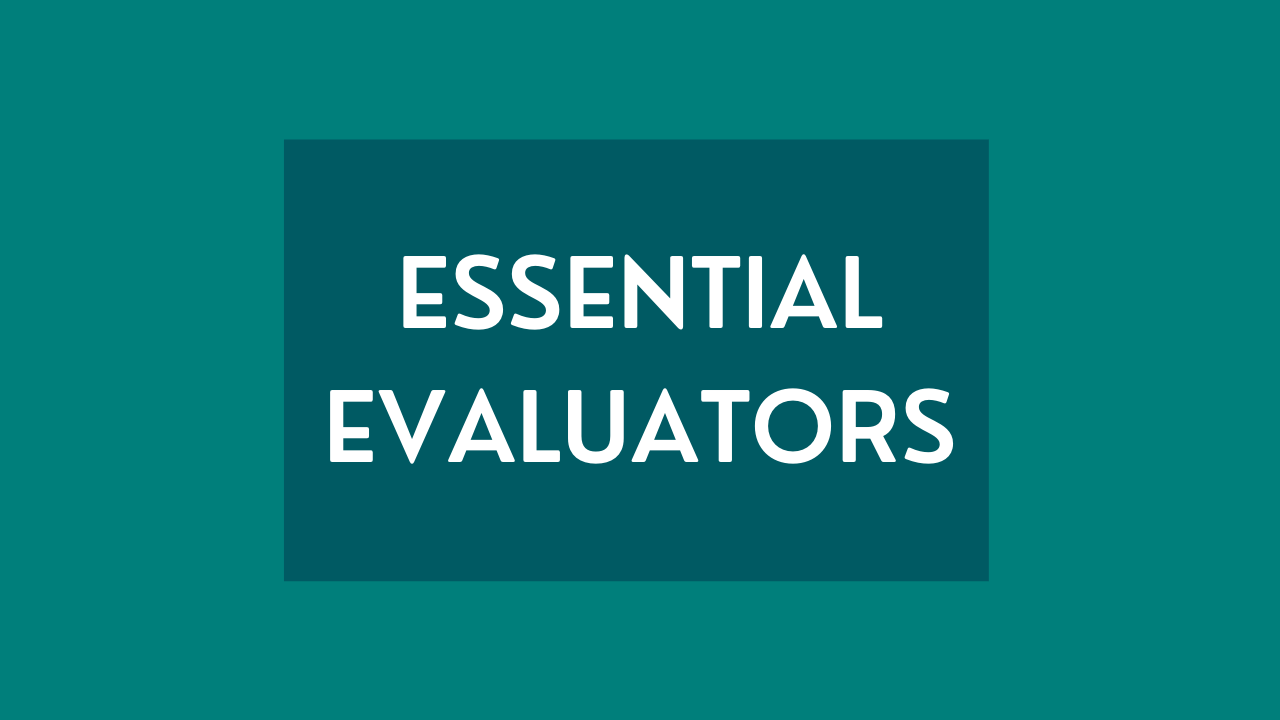
In sync with the rest of the world, the museum field has exploded and imploded. Crushed by the weight of ongoing, unresolved systemic racism and paralyzed by the COVID-19 pandemic, parts of the field have collapsed or dissipated, other parts are in a state of hibernation or homeostasis, and still others are beginning to re-emerge and re-vision. How these fragmented pieces will come together over the next few months and years is uncertain. One thing is, however, definite—evaluators are essential to the rebuild. As those responsible for the collection, analysis, and reporting of data specific to audience and community voices and experiences, their role is more invaluable in this period than ever.
Committed to supporting a platform for evaluators to assume a robust role in the rebuild, AAM’s Committee on Audience Research and Evaluation (CARE) is creating a space for evaluators and their peers to reflect, question, and debate social and industry issues; as well as share our ideas, failures, and triumphs as they impact evaluation during this historic moment in the museum field. We believe that evaluators should, and will, play an essential role in museum planning and operation, especially as preparations for opening doors are underway. We also believe that evaluators must be at the decision-making table for re-envisioning what museums will look like in the aftermath of COVID-19 and the social disruption that has gripped our society. Furthermore, we believe evaluation must happen at every level and department across the museum; these discussions are relevant to all museum professionals—not just those with “evaluation” in their title.
In the coming months, we will host a biweekly series on this blog, Essential Evaluators, to tackle critical issues that impact evaluators and evaluation in cultural organizations. How can we shape the evaluator’s role to fit the most pressing needs of cultural organizations? What is our role in elevating voices? Who are we leaving out with these decisions? What impact will proposed post-COVID-19 technological changes (e.g., touchless pay and touchless interactions) pose for audiences? How do we ensure that we are pushing our practice so that evaluation is centered in equity and inclusion?
As we begin to open our doors, we will need to understand our visitors and communities in new ways. Many will bring internalized grief, trauma, and anger with them—from COVID-19, structural and systemic racism, uncertainties around employment and finances, and their sense of safety. How will this change what they want to see and do? What might they take away from our exhibits with this lens in mind? How will mask-wearing and physical distancing (or the lack thereof) affect their experience, their learning, their connection to one another and our institutions? How will ethics evolve as we move further into the digital world? And, how has the integrity of data collection been transformed? These are some of the essential questions we will begin to explore in Essential Evaluators, and this is just the tip of the iceberg!
The Essential Evaluators series is curated by Dr. Rose Jones, an applied anthropologist and science museum evaluator and researcher recently terminated during a COVID-19 restructure; Laureen Trainer, an external evaluator working in the museum and informal education space with Trainer Evaluation; and Andréa Giron Mathern, Director of Community Research and Engagement Strategies at the Denver Museum of Nature & Science. In the spirit of truth and transparency and under the heavy weight of long-term social and industry injustice, we want to humbly acknowledge the “elephant in the blog”—two of us are white women and one is Latinx. We know that we do not represent the diverse, complex voices, experiences, or perspectives of BIPOC communities. However, in full support of the social movement currently underway, we are committed to no longer standing silently on the sidelines, passively witnessing continued gender, racial, ethnic, linguistic, age, and sexual biases and discrimination in museum spaces. We plan to leverage this platform to elevate voices that have been ignored and silenced and to promote critical thinking and dialogue about our field and industry.
We hope you will join us in a call to action for museum evaluation. This is a critical time for evaluation and evaluators. It is imperative that we join forces to assure that we are at the table where key decisions are being made and long-term strategies are being planned. We welcome your voices and ideas. And, please keep your eyes on the blog and the CARE website to find more resources and our upcoming CARE-apy sessions.
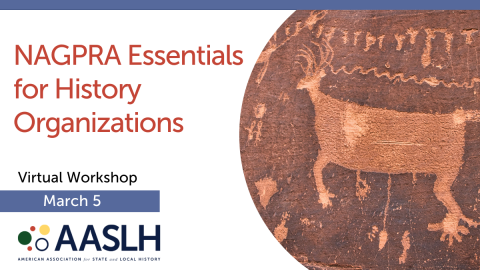

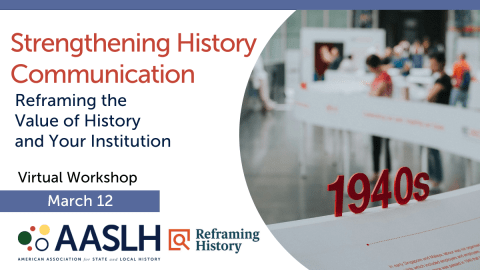
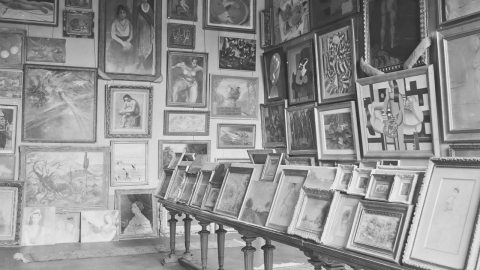
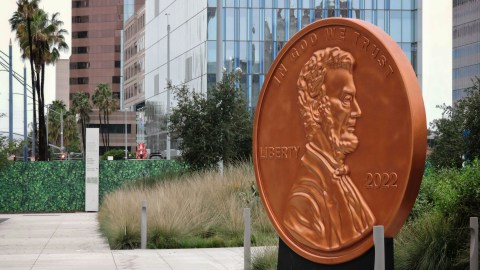
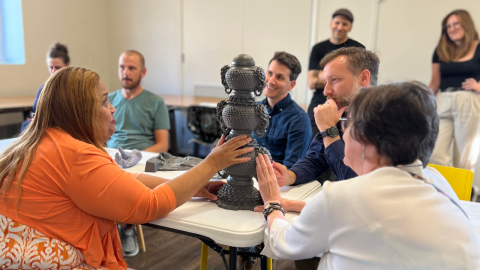
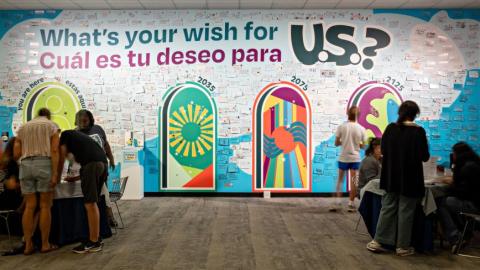
I am so glad to see this initiative happening, thank you CARE for taking the lead. Looking forward to the blog and these important conversations.
Our next post will be asking evaluators to lean into and guide changed within their institutions. We hope to highlight several examples. If you know of any, we’d love to hear about them. Feel free to add them as a comment or you can email me: trainerevaluation@gmail.com. Thanks for tuning in!
This sounds awesome. I can’t wait to engage.
Very exciting! Is there a way to sign up to have the blog posts emailed to us?
HI Sarah,
We will be posting every two weeks, so expect the next blog on Wednesday, July 29th!
Sounds great! I also have a specific question regarding evaluating virtual programs. Not sure it is something that is part of the scope of this series, but would love to connect with anyone else who is wondering how to effectively evaluate online offerings.
Hi Ann,
I’m not sure when we will be looking at this topic, although my guess is it will come up in our work! This group is a good place to start: Online Experience Evaluation Group . Simply post a question and you can expect the eval community to reach out to you.
How can we join the blog? Thanks!
Hi Horacio,
For right now, we are looking for examples from the field about when an evaluator was able to challenge outdated, racist, biased, gendered, etc., norms to guide an institution through a change related to DEIA. We want to be able to highlight the work of evaluators leaning into and guiding change. If you have any, please share with us. You can respond to this post or email: trainerevaluation@gmail. In upcoming blogs we will list a call action as a way for evaluators to get involved, stayed tuned!
Colleagues, we need your stories for an upcoming #EssentialEvaluators blog!
We are looking for examples from the field about when an evaluator was able to challenge outdated, racist, biased, gendered, etc., norms to guide an institution through a change related to DEIA. We want to be able to highlight the work of evaluators leaning into and guiding change.
If you have a relevant story, we’d love to consider it for an upcoming Essential Evaluators blog. It could be a longer piece about an experience, or just several sentences describing an incident that we could share as an example.
Please respond to this post, or email trainerevaluation@gmail.com. Thank you for lending your voice!
Hi
My name is Rachel and I am working to go back to school in museum studies and i am very interested in community engagement and want to know more about exhibit evaluation and how it conects to community engagement. I want to learn more about the proses of evaluating and exhibition and how that affects what ends up in a museum and how it is presented. I look forward to hearing from you soon.
Thank you,
Rachel
Hi Rachel,
We hope to highlight some examples of cultural institutions engaging with community throughout the series. We will be looking at one example from the Denver Museum of Nature and Science in next week’s blog, coming out July 29th!
Hi
Laureen
Thanks I will take a look. So many interesting things to explore about museums and their affect on society.
Thanks,
Rachel
Agreed, so many things to explore. Thanks for engaging with us!
Excited for the next installment of Essential Evaluators to come out tomorrow: A Brave New Dance.
A preview: We believe that it is critical for all evaluators—employed, unemployed, part-time, internal, and external to join together and share their voices and experiences so that we can help build a robust and complete portrait of evaluation in museums. For many of us this is a new role and will most likely be an uncomfortable one, but we need to take a look at our place in this new landscape – what has changed? What questions do we need to be asking? What should be asked of us? How do we use our position to advocate for our communities? How do we embrace the social justice directive to become visible and viable? How do we speak up, stand up, and demand a seat at the decision-making table?
Post #2 is now live!
https://www.aam-us.org/2020/07/29/essential-evaluators-a-brave-new-dance/?fbclid=IwAR0juvvkqwRDkZROLVfiVxSF48y_dYeBxwDF2E2TApV3Sm3AO1GQE3-8kZc